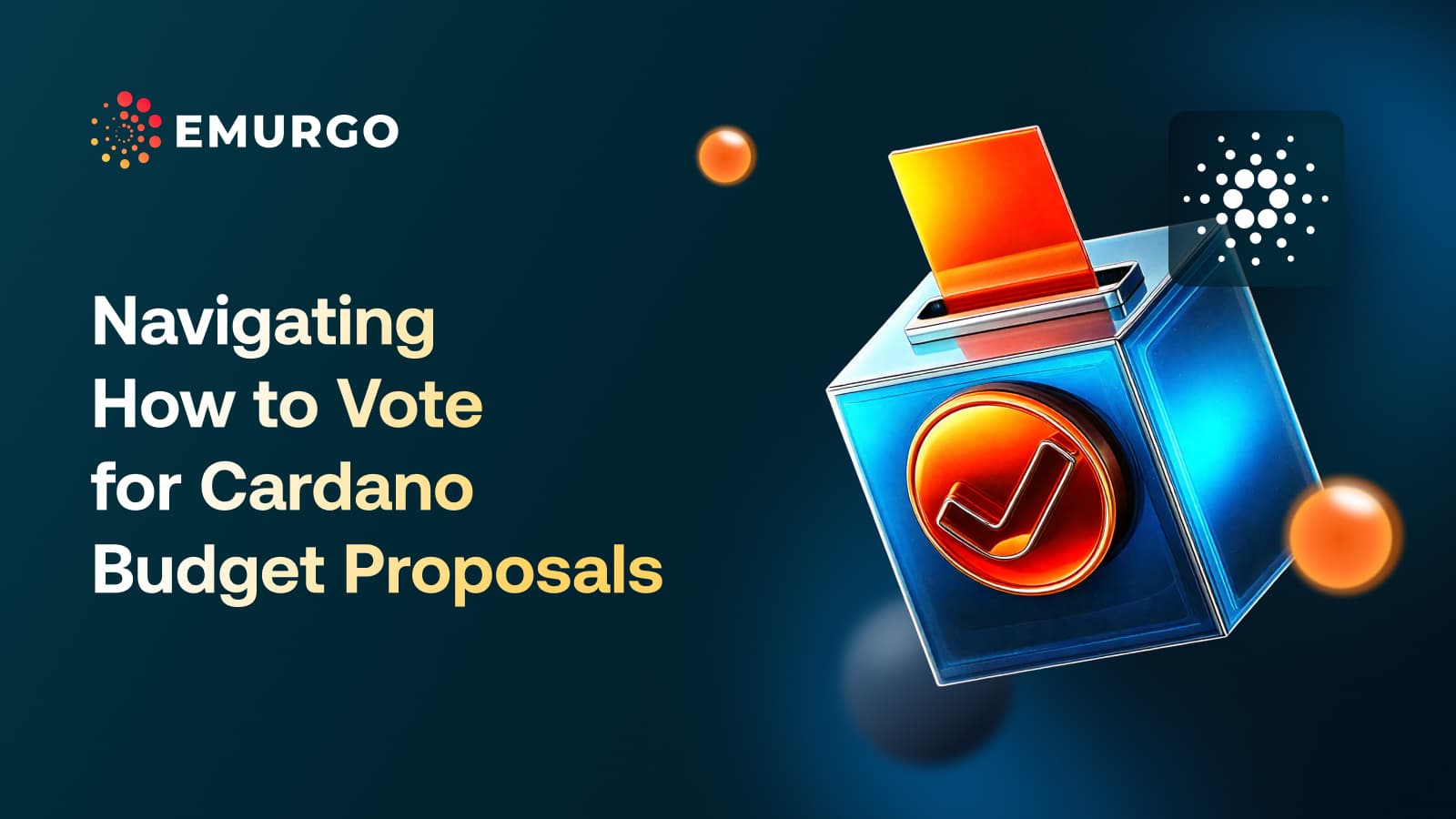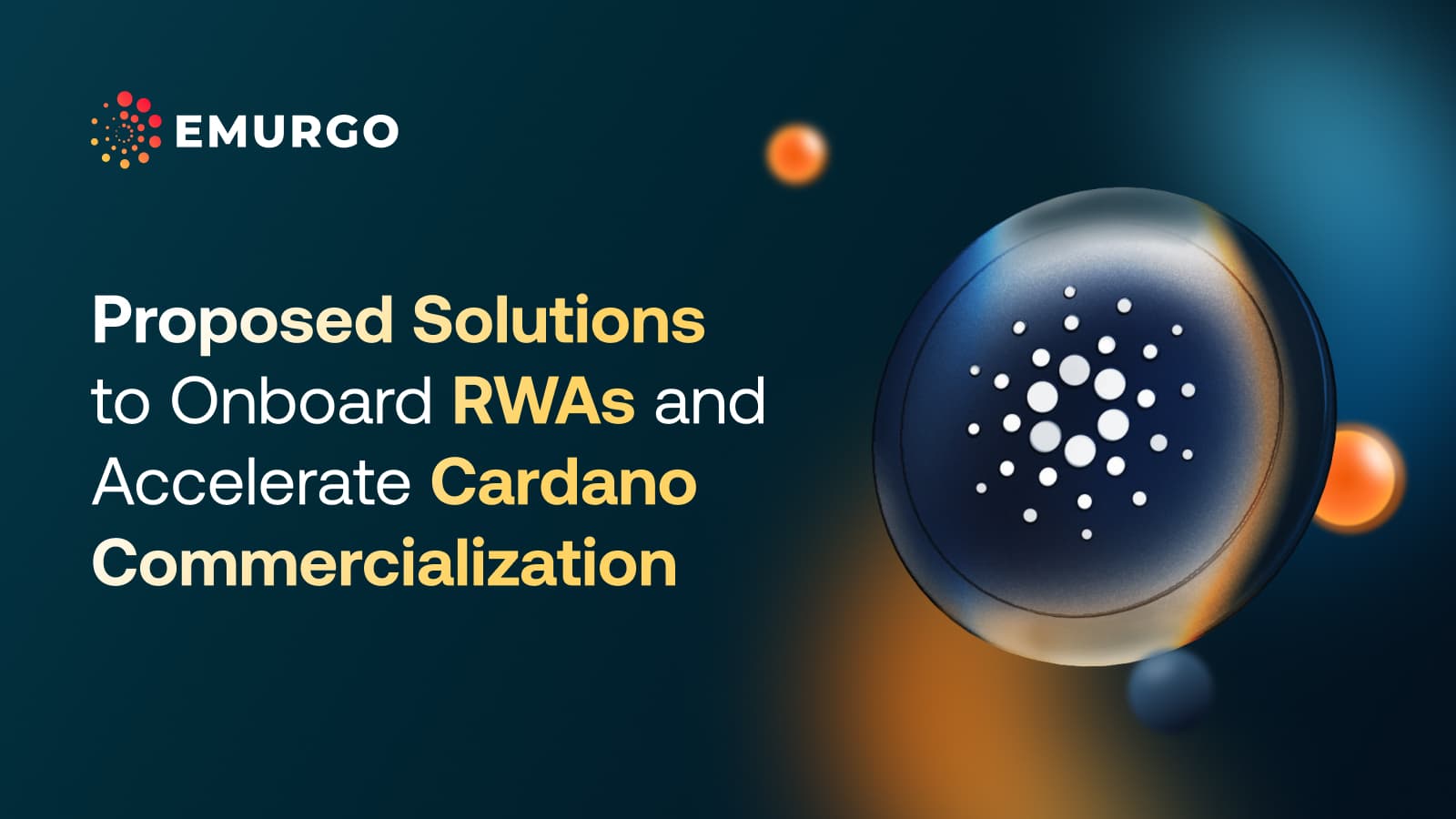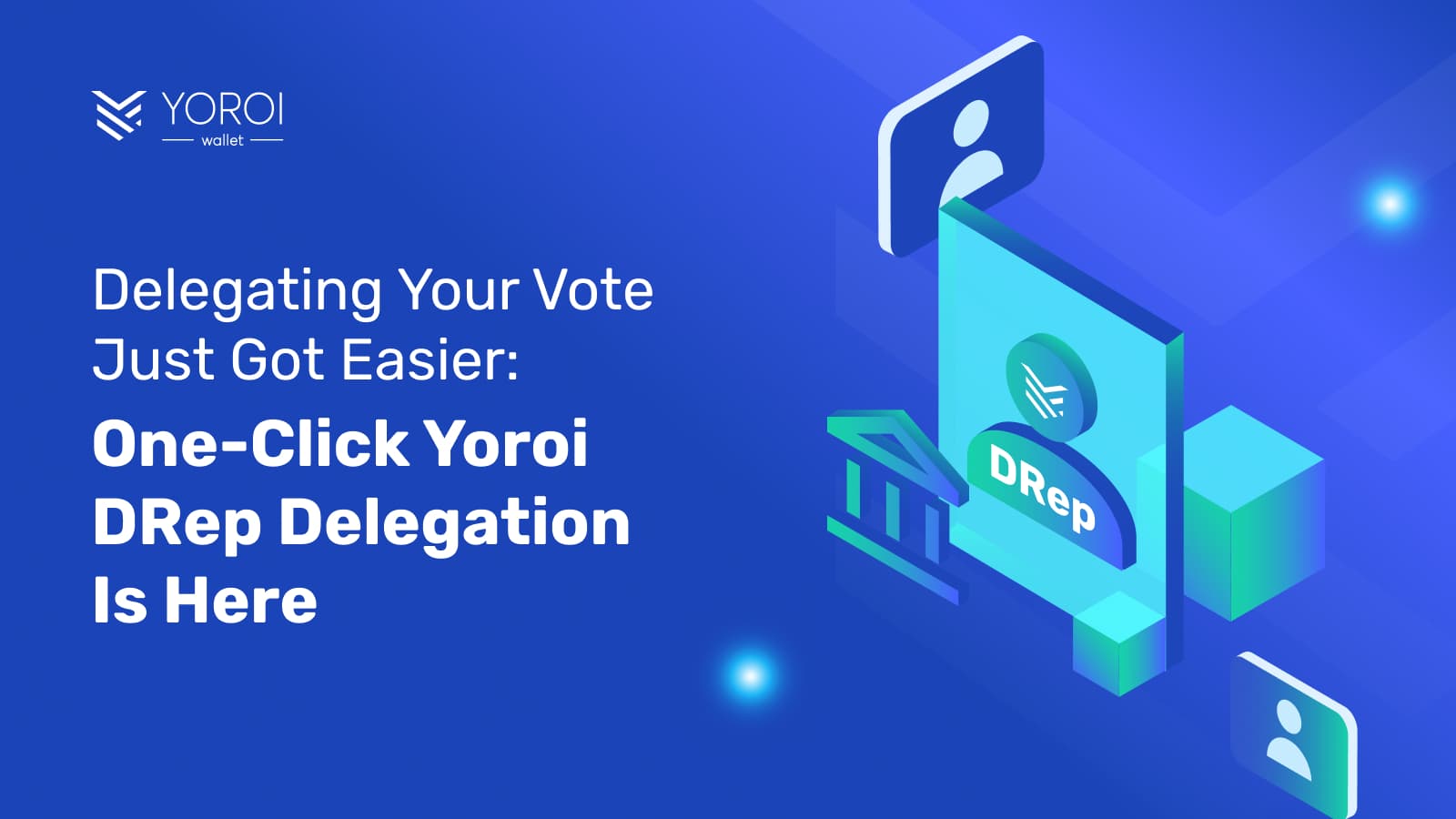The world of decentralized finance (DeFi) is developing rapidly and traditional financial businesses are becoming aware of the value DeFi products & services can deliver to users.
In fact, since 2019, it’s become one of the main driving forces behind blockchain and cryptocurrency adoption. Through self-executing and programmable smart contracts on large decentralized blockchains like Cardano and Ethereum, developers have built self-running software protocols that offer services such as borrowing, lending, and more without a centralized party. These protocols are part of the blockchain-based DeFi ecosystem that has grown immensely over the past few years due to its decentralized nature which offers faster settlement, permissionless access, lower fees in many cases, and a global reach.
Due to its nascency and lack of awareness, DeFi also has a reputation for being risky. However, more people and organizations are starting to learn about DeFi and its potential implications for the future of finance, especially as the world accelerates toward Web3 which uses blockchain-based products & services and digital transformation.
In this blog, we’ll delve into the basics of DeFi and show why it’s a valuable skill to learn for business professionals and those in traditional enterprises.
Centralized finance (CeFi) is what those from the DeFi world have dubbed the traditional financial industry. It’s a term that aims to denote the main characteristics of both fields. On the one hand, the traditional financial industry offers financial services that are characterized as being permissioned or requiring approval from a centralized financial institution or authority.
In the DeFi world, most of these services are permissionless and accessible to anyone with an internet connection.
The main factor that separates both worlds is the maintenance of the transaction database or ledger. In CeFi, ledgers are controlled and changed by those institutions in charge of the transactions. The ledger is part of the informatic systems of the institutions and its integrity is ensured by a combination of computer science and traditional regulations.
In DeFi, by contrast, ledgers are maintained by a network of computers that are forced by an algorithmic consensus mechanism to reach a global agreement on the transactions on a ledger. This maintains the integrity of the history of transactions without the intervention of authorities or external regulations. In other words, open-source algorithms help the DeFi applications run autonomously and also provide transparency to its users.
This is the crucial difference that allows decentralized blockchains to work and never process an incorrect transaction. Also, the smart contracts in a DeFi application allow custom logic to be executed on top of this ledger which gives outcomes that can be verified by everyone transparently.
In many developed, emerging, and developing countries, many people still lack access to basic financial services such as savings, and borrowing, and also lack complete control over their funds due to a myriad of factors. Financial institutions can deny such services and hold the centralized authority to make such decisions including enabling their customers to access their funds freely. In DeFi, people have more control over their funds and can access various services as they wish.
So, why is learning DeFi valuable? What implications does DeFi have for the future of finance?
Here are 5 reasons why businesses and professionals should learn about DeFi.

1. It’s a new type of market
Blockchains, smart contracts, and DeFi have created a new type of market. One that is fully automated, transactions and outcomes can be defined in code logic and then these can be executed automatically when the conditions are met.
The way money can be programmed in DeFi is beyond the capacity of similar systems that are used in traditional finance. In that world, the logic is outside the money system itself, while in DeFi programmability is part of the network from the ground up.
2. It’s a global market
The DeFi world never stops, in the most true sense, it is a global and free market. It operates in all parts of the world without any regulatory barriers, it’s open 24/7 and it has a constant stream of volume. The DeFi ecosystem is global in a way no other market has ever been.
Any professional who wants to trade and find opportunities in an almost endless market must know DeFi. The opportunities in this type of environment are far more frequent and bigger than in traditional markets. Especially for those not living close to major financial centers.
3. It’s where the innovation is happening
Automated market makers (AMMs), synthetic assets, liquidity pools, flash loans, and much more are some of the innovations that have already happened in DeFi. The ecosystem is filled with new projects that launch weekly, each trying to add some new functionality previously thought impossible with millions of users and large transaction volume.
It is DeFi where the frontier of financial services is located. The next big changes will happen in DeFi and not in the major banks. For those who want to be at the edge of the next wave of changes in the financial industry.
4. Transparency
Ledgers in traditional financial institutions are black boxes. Only regulators, lawyers, or accountants working for the institution ever see the complete picture of those transactions. This means that the outsiders are at the mercy of those facts that are disclosed by law or on other particular occasions.
The DeFi world is completely the opposite. Anyone can audit a trail of transactions or look for opportunities in the on-chain data. The ledger is 100% visible and transparent, it is both a major boost to security and democratizing information.
5. DeFi gives full control of assets
For those who use the blockchain network, assets are at all times in their possession. There are no intermediaries, and that means no custodial third parties that can remove or take control of an asset not owned by them.
Transfer and ownership are also simultaneous. In traditional finance, in most cases when an asset is transferred the ownership of said asset is not complete until the books are settled. That can be several days or weeks after the transaction. In DeFi both things happen at the same time as a transaction is settled by the ledger at the moment it happens.
Those are the advantages DeFi offers for those wanting to learn about the new frontier of finance. It’s a new type of market, one that cannot be replicated by any other type of technology and one that will become the standard for the future.

EMURGO and the Institute of Blockchain Singapore are teaming up to offer a special 2-day workshop on DeFi to businesses and professionals in Singapore.
This 2-day DeFi workshop aims to provide a well-rounded understanding of both blockchain and DeFi (decentralized finance), enabling attendees to make informed decisions, participate in the DeFi ecosystem, and contribute to the growth of this innovative financial space. Speakers include those from the biggest names in the industry including EMURGO, EMURGO Academy, Coinbase, and more.
Early bird registration offers a 25% discount, available until December 15, 2023.
For more workshop information, please visit the registration page here.
About EMURGO
- Official Homepage: emurgo.io
- X (Global): @EMURGO_io
- YouTube: EMURGO channel
- Facebook: @EMURGO.io
- Instagram: @EMURGO_io
- LinkedIn: @EMURGO_io
Disclaimer
You should not construe any such information or other material as legal, tax, investment, financial, or other advice. Nothing contained herein shall constitute a solicitation, recommendation, endorsement, or offer by EMURGO to invest.



